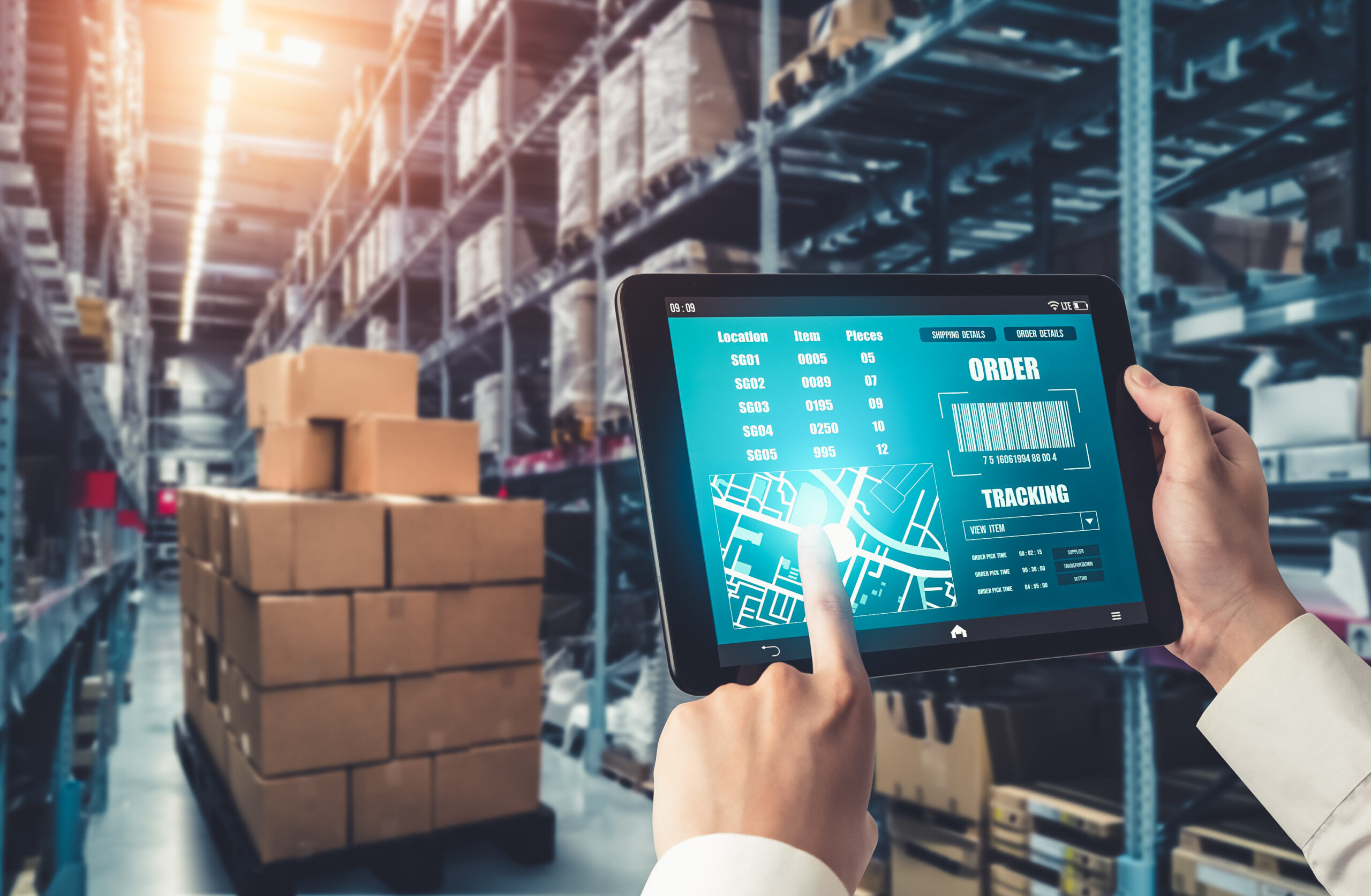By: Editorial Staff, Date: June 12th, 2024
Supply chain management has long been a complex and labor-intensive process, plagued by inefficiencies and bottlenecks. Traditionally, supply chain optimization required manual intervention and human-decision making. However, the advent of artificial intelligence (AI) and machine learning (ML) has brought about a transformative shift in the industry, enabling faster and more accurate decision-making.
Businesses are turning to AI and machine learning to streamline their supply chain operations, as these technologies have the potential to make companies operate more efficiently and effectively than ever before. How are these cutting-edge technologies revolutionizing supply chain management? Find out in this article.

The Rise of AI and Machine Learning in Supply Chain Management
The rise of AI and machine learning in supply chain management represents a significant transformation, driven by the need for increased efficiency, agility, and competitiveness. These technologies are being leveraged to enhance various aspects of the supply chain. Here are some key trends:
- Predictive Analytics: Machine learning has the ability to examine past and present data to predict future outcomes, assisting businesses in forecasting customer demand and identifying potential business opportunities. This capability also aids retailers in predicting purchases based on customer buying patterns, online behavior, and even weather predictions, thereby improving pricing strategies, promotional activities, and supply chain management.
- Automated Operations: Artificial intelligence in supply chain operations can enhance efficiency by automating manual and paper-based processes, such as inventory management, logistics routing, and warehouse operations. Through automation, businesses can save time, reduce costs, and minimize the risk of human error.
- AI-Powered Supply Chain: Advanced technologies, such as machine learning and artificial intelligence, improve supply chain operations. Machine learning enhances demand forecasting, inventory control, and warehouse processes. AI, on the other hand, improves transportation and logistics. Overall, these technologies increase the flexibility and reliability of supply chains, leading to better responses to consumer demands and future challenges.
- Combination of Blockchain and AI: Integrating blockchain and AI into the supply chain can enhance transparency, efficiency, and security. Blockchain ensures accurate transaction records, while AI processes data for inventory management, demand forecasting, and defect detection. This combination aids in managing compliance, boosts security, and maximizes resource efficiency by tracking sustainable activities.
- Human-Technology Synergy: Combining human input with AI can significantly improve decision-making and operations. AI can handle tasks such as data processing and forecasting, allowing humans to focus on strategy, evaluation, and creativity. This synergy enhances inventory control, demand planning, and overall supply chain efficiency.
- Edge Computing for Decision Making: Integrating AI into edge computing enhances real-time decision-making in the supply chain. AI analyzes data on-site and responds immediately, aiding in inventory control, maintenance scheduling, and delivery organization. Utilizing AI algorithms in edge computing improves supply efficiency, particularly for timely operations, increased flexibility, and maintaining supply chain integrity during fluctuations.
How AI and ML are Transforming the Supply Chain
Leveraging artificial intelligence and machine learning in the supply chain transforms the industry by enhancing efficiency, accuracy, and decision-making capabilities throughout the entire supply chain system. Here are some ways in which AI and ML are transforming the supply chain:
- Improved Demand Planning and Forecasting: AI and ML algorithms can analyze vast amounts of data and variables, including market trends, economic indicators, and weather patterns, enabling more accurate predictions of demand. This capability assists companies in optimizing their inventory levels and enhancing stock availability.
- Enhanced Supply Chain Visibility: AI and ML can provide real-time visibility into supply chain operations, allowing companies to track goods and materials in real time. This enables better coordination with different stakeholders, quick responses to changes in demand, and effective risk mitigation.
- Optimized Logistics and Transportation: AI and ML can optimize delivery schedules and truckloads, ensuring timely and accurate deliveries. These algorithms analyze traffic patterns, weather conditions, and other factors to determine the best routes and schedules. This reduces costs, minimizes delays, and enhances customer satisfaction.
- Predictive Maintenance: AI and ML algorithms can predict equipment failures, enabling preemptive maintenance. By detecting anomalies and predicting failures before they occur, these technologies reduce downtime and maintenance costs, ensuring that supply chains operate smoothly.
- Automation of Manual Tasks: Paper-based processes are time-consuming and prone to human error. Automating tasks such as data cleansing, inventory management, and customer service inquiries saves time and reduces costs. This allows companies to focus more on strategic activities.
The integration of AI and ML in supply chain management is transforming the industry, offering numerous benefits in terms of efficiency, cost savings, and customer satisfaction. As these technologies continue to evolve, their impact on the supply chain will likely become even more profound.
Gain a deeper understanding of optimizing supply chain management at our webcast: Supply Chain Visibility Software Solutions: Improving Customer Service and Cost Control Management
Upcoming Webcasts
Demystifying the Economic Impact of US Sanctions Against Russia
The continuing US sanctions against Russia are expected to result in consequences that will go beyond the current Russia-and-Ukraine conflict. While the increase in inflation rate is still at the peak of the growing concerns, anxieties over rising gas prices, disrupted supply chains, spillover effects, and other essential areas are contributing to a cloudy outlook for the economy.


